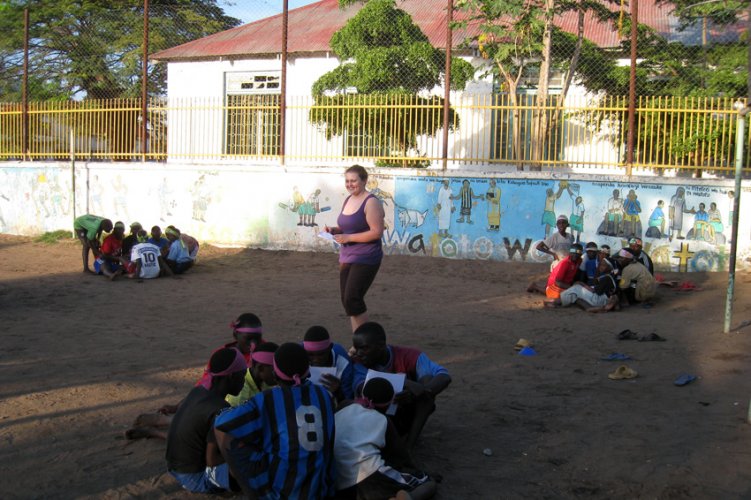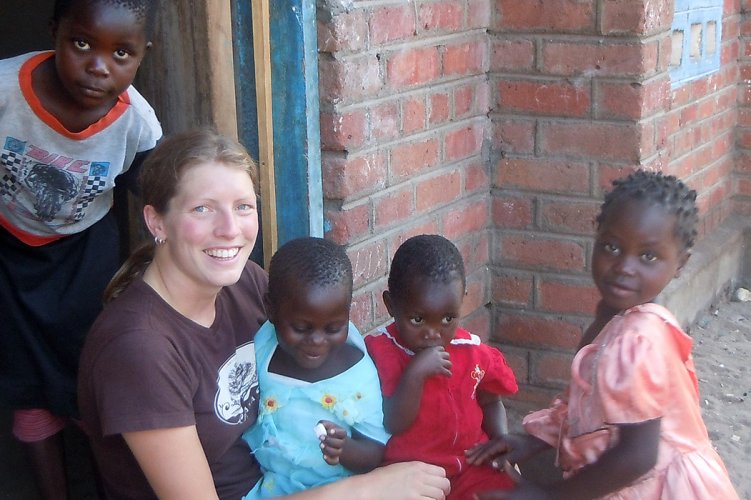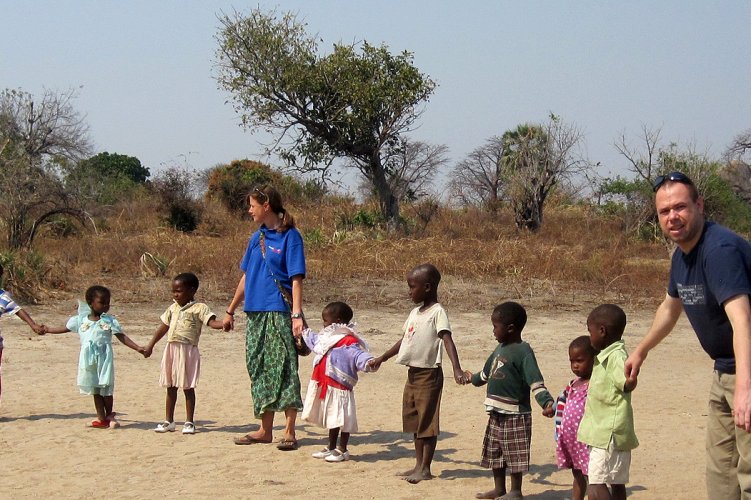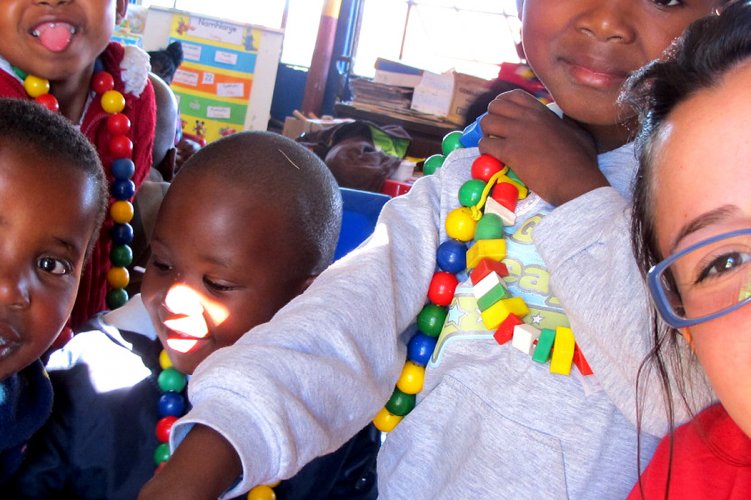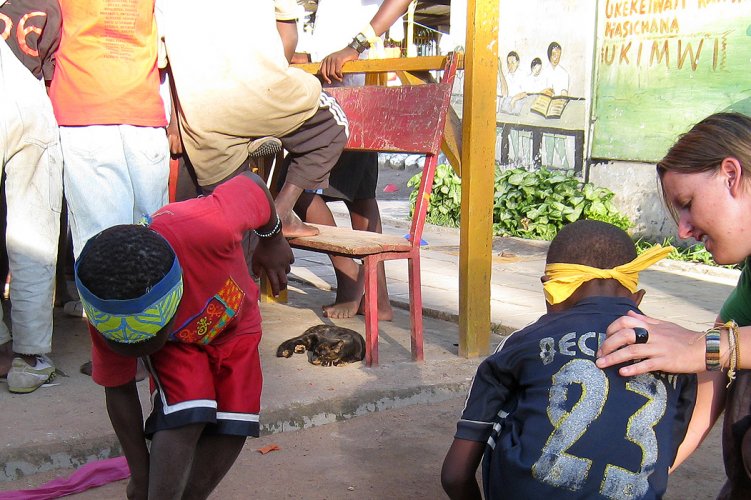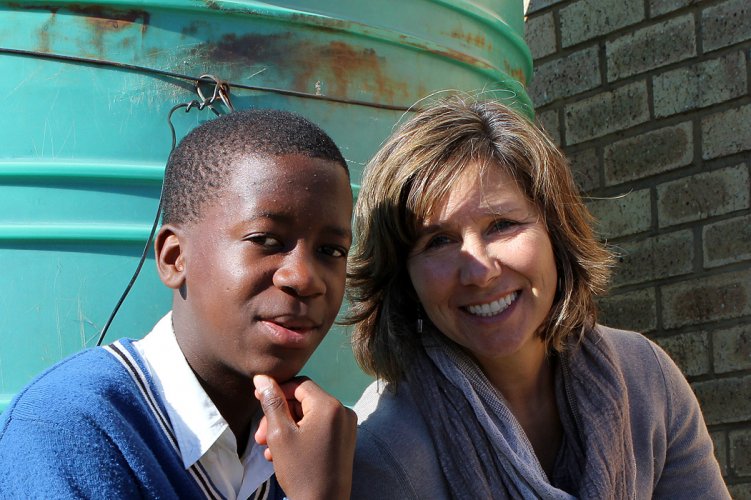Teaching Projects
Volunteers are involved with children of all ages and assist with a variety of subjects at primary schools, nurseries, orphanages, street kids’ centres and secondary schools.
How you can help as a teaching volunteer in Africa
Teaching projects in Africa are a vital form of support. It is quite common in many countries in Africa that schools have very large class sizes; often up to 100 students, or sometimes more. Many of these schools are understaffed and seriously lacking in resources. It is not uncommon to find that teachers may have received a fairly limited education themselves.
It is quite common in many countries in Africa that schools have very large class sizes; often up to 100 students, or sometimes more. Many of these schools are understaffed and seriously lacking in resources. It is not uncommon to find that teachers may have received a fairly limited education themselves. Therefore, you may have a greater knowledge of certain subjects, such as English, which is not their first language.
As an assistant teacher in schools, especially in more rural areas, your help will benefit the education of the children and may have a significant influence on their futures. You may even assist the teachers with ideas, knowledge and skills development, which is of real long-term value. Of course many children in Africa still do not receive an education, as they may not be able to afford even the basic materials, or uniform that is required to attend some schools. They may be orphaned, with several younger siblings to support and so finding food and surviving becomes the priority. In these cases nurseries, orphanages and street kids’ centres can provide refuge, support and free education. As a volunteer at these centres you can help with teaching and providing some basic care for the kids.
Teaching English as a Foreign Language (TEFL)
Depending on the project that you would like to join and your teaching experience we may ask you to complete a basic TEFL course before volunteering in Africa. We can arrange very short 2 or 3 day courses at weekends or during the week, which we would recommend. However, if you prefer, online courses are also available.
If you have never taught before you are likely to have wondered at some point whether you will actually be any good. Now imagine standing under a tree in front of 100 six years old kids, most of whom don’t understand much of what you are saying. Teach them a lesson for 30 minutes with a piece of chalk and a blackboard – oh and they only have the dirt to write their answers on!
The above may seem a bit of an extreme example, but a basic TEFL course will give you a little extra confidence and provide you with a few lesson ideas. This will make you a more effective teaching volunteer and as a result is likely to make the whole experience more enjoyable for you. If we feel that a TEFL course will be of benefit to you then we will discuss this with you when you apply for a project. It is not a requirement for all projects, but if you would like to join a course anyway then please let us know.
In addition to the project listed below we also have a teaching and orphan care project in northern Ghana. Full details will be available on the website soon, but if you are interested in this project please contact us. The Tanzania Street Children Project is also suitable for and welcomes volunteer teachers.

